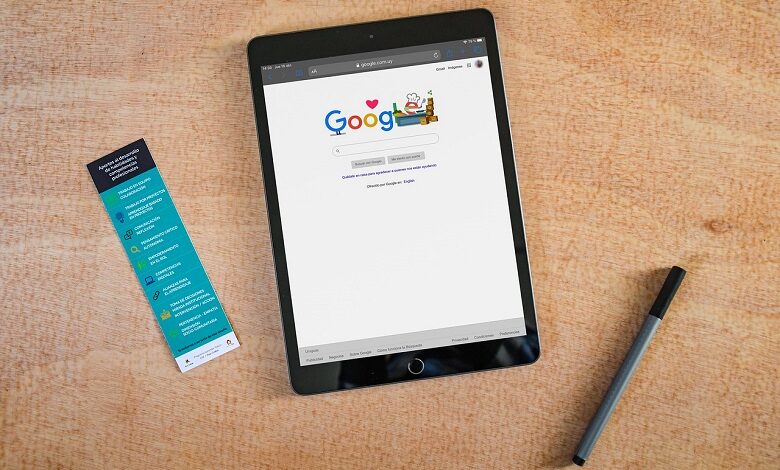Google collects 20 times more personal data with Android than Apple with iOS

A British researcher analyzed user data collection carried out by an iPhone running iOS and a Google device running Android. The result showed a remarkable difference in Google’s favor, which disputes the estimate, claiming it is based on a flawed method.
Google’s Android system would send 20 times more personal data to its designer than its competitor iOS installed on iPhone. At least, that’s what Douglas J. Leith, a researcher at Trinity College London, whose study was published by the specialist site Ars Technica said.
Smartphones collect user data 24 hours a day, even when devices are inactive. During his analysis, the author of the study used an iPhone 8 and a Google Pixel 2. He made sure not to link his accounts with Apple or Google and to deactivate data sharing.
According to its results, both systems send data to Apple and Google even when they perform simple tasks such as inserting a SIM card or navigating the screen.
Even when the device is asleep, it connects to its main server every 4.5 minutes on average. Google would collect the equivalent of 1 MB of data on average over 12 hours, against only 52 KB for the iPhone, a difference 20 times greater.
Even in standby, they continue
Android collects around 1.3TB of data every 12 hours in the United States alone, compared to around 5.8GB for iOS, the researcher says.
The preinstalled apps and services also made network connections even when they hadn’t been opened or used, the study adds.
While iOS automatically sent data to Apple from Siri, Safari, and iCloud, Android collected data from Chrome, YouTube, Google Docs, Safetyhub, Google Messenger, and the Google search bar.
Digital giants challenge study
Findings disputed by Google notes Ars Technica, who contacted the company seeking comment. According to the American giant, the researcher’s method for measuring the volume of data has flaws, and the volume of data transmitted is not 20 times higher than at Apple. This collection is intended to ensure the proper functioning of its products, says Google.
On a confidential basis, an Apple spokesperson said the company offers privacy protections that prevent it from tracking users’ locations, informing them of the collection of location-related data, and that the report is wrong.




